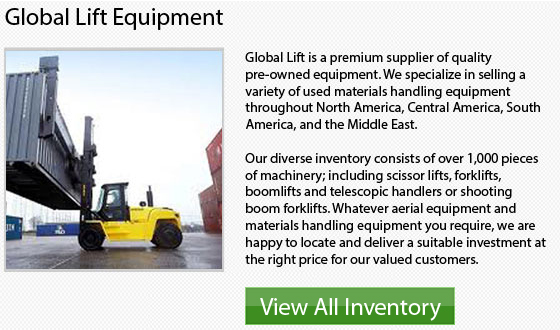
Basic Fuel Types of Forklifts
Forklifts, also referred to as powered lift trucks, are used to perform various jobs in industrial, construction and distribution environments. These heavy-duty equipment are designed to be tough and reliable so they can move heavy items in all different kinds of conditions and environments. Forklifts are powered by many kinds of fuels and thus can adapt to a lot of different work environments.
Electricity
Producing no emissions, the electric forklifts are really reliable and quiet. These units could operate on industrial-strength large batteries which are made to be able to be successfully recharged about one thousand five hundred times throughout their useful lifespan. Since electric forklifts generate no exhaust fumes, it is oftentimes the machinery of necessity and choice in areas which have inadequate ventilation. These forklifts need a charging station anywhere on the premises that is equipped with an emergency acid spill kit and eyewash station because of the batteries. For safety reasons, the charging area has to be ventilated well.
Propane
The modern forklift normally uses liquid propane. Propane provides different advantages over diesel and electric models. Like for instance, propane usually costs less compared to electricity. While recharging the battery, there is no need to remove the forklift from service.
Propane units also provide a much cleaner operation compared to forklifts that are powered by diesel. In most cases, a propane forklift can be refueled by just changing out the empty propane tank with a new one which is full. Typically, an off-site supplier will re-fill the tanks. This guarantees a fast, safe and easy re-fueling procedure.
Diesel and Gasoline
Gasoline and diesel forklifts can require more maintenance and produce a smelly exhaust. They have fairly high fuel costs too. Because they have a useful and much longer lifespan, they are rather reliable compared to propane or electric models. Re-fueling needs a fuel supply on site which conforms to strict health and safety codes. Diesel and gas models are mainly used in outdoor applications on rough terrain, such as on construction sites or in lumber yard environments.